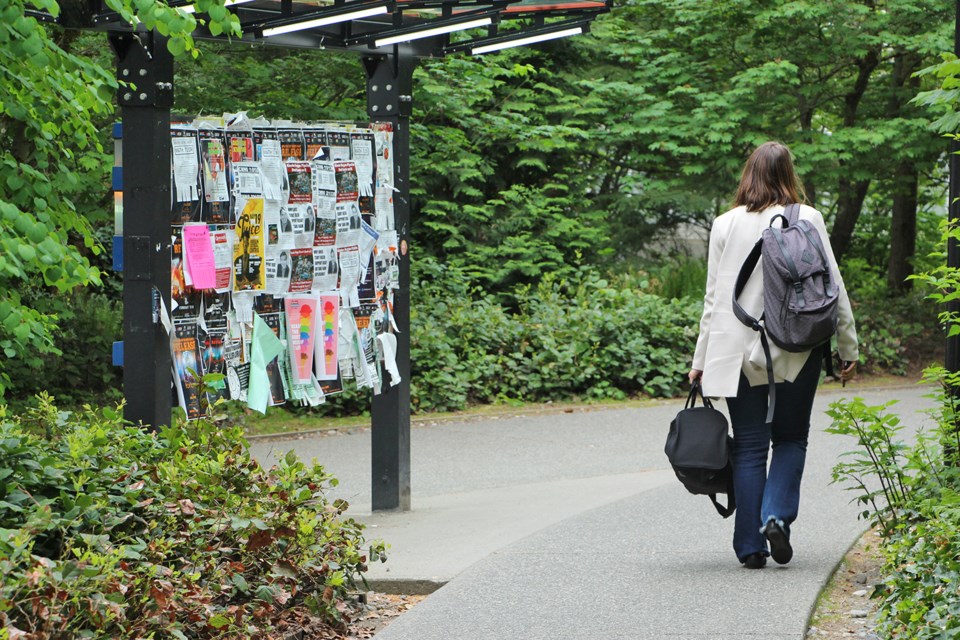When a Canadian-born college women chooses to disclose a sexual assault, they tend to turn to their mothers or female peers first.
But for many international students whose mothers are overseas or who don’t have close friends here, that isn’t an option.
That’s according to MOSAIC, a charity that serves immigrant, newcomer and refugee communities in Metro Vancouver.
MOSAIC is raising awareness about what some of their clients have been telling them – and what it’s trying to do about it.
With no family and few friends to confide in, many may turn to the staff at their schools for support and guidance, it says.
The problem, the agency says, is many school staff mishandle sexual assault cases.
“Several international students have told MOSAIC that they received no support or guidance from their schools when they disclosed a sexual assault,” said a news release. “For example, a 21-year-old female student told us that after she was assaulted, she didn’t know where to turn. She eventually disclosed the assault to her teacher who didn’t believe her and made her fear that she would be kicked out of school.”
International students who identify as women are particularly vulnerable to sexual assault, the agency says.
“Some perpetrators of sexual violence see international students as easy targets - too ashamed to report sexual assaults, unaware of where they can get help and influenced by different cultural norms,” said the news release.
Maham Kamal Khanum, an international student from Pakistan who is at UBC, says in the news release that sexual violence is normalized in her home country and that “it was almost a culture shock to learn how unacceptable sexual violence was here.”
But being unacceptable and having those in authority as post-secondary schools can be two different things, says the agency.
MOSAIC says that several of the larger educational institutions have taken steps to provide appropriate support to international students. The Fraser International College at Simon Fraser University, for example, incorporates sexual education into the transition curriculum for all new international students.
But many schools don’t have any resources devoted to this.
To fill that gap, MOSAIC, with funding from the Province of B.C., has developed training materials and is offering workshops for staff at post-secondary institutions to respond better to international students’ disclosure of sexual assault. Staff can register at no cost for these free training sessions at [email protected].
Olga Stachova, MOSAIC’s CEO, said the strong likelihood of international students who have been sexually assaulted to seek support from their educational institutions “puts the onus on them to ensure their staff are prepared to respond appropriately.
“International education is a competitive business and if B.C. wants to continue to attract large numbers of students, staff at host institutions should be equipped with the knowledge and skills they need to respond effectively to their international, as well as Canadian-born, students who disclose sexual assault,” Stachova said. “This would not only enhance B.C.’s reputation as a provider of quality international education but also help reduce the trauma experienced by survivors of sexual assault.”



